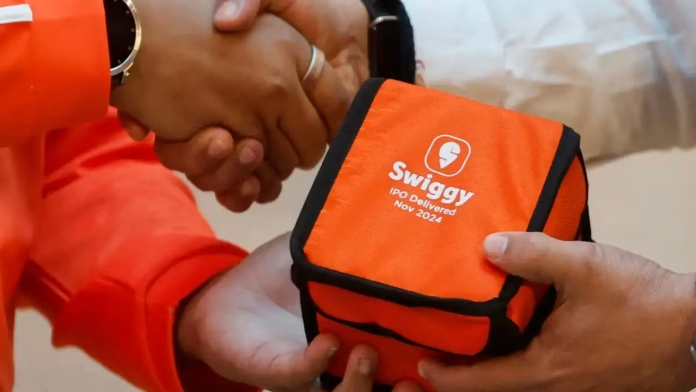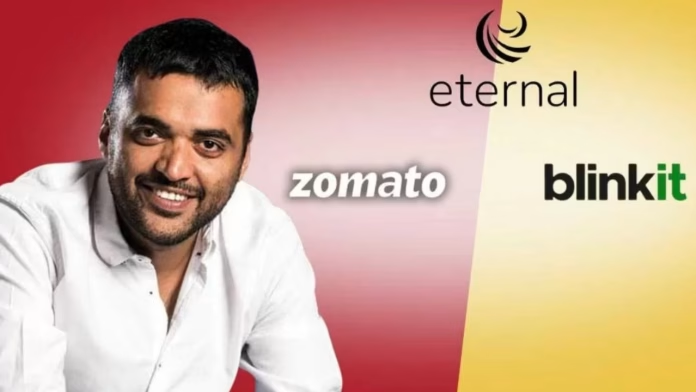The Chatpata Affair is preparing for its biggest international push yet, as the vegetarian quick-service chain moves to raise Rs 10 crore to fuel an ambitious expansion across the UAE and the broader GCC region. The company, which has been testing the waters in Dubai with its first store, says early traction has been strong enough to justify a wider rollout.
The brand plans to open six new outlets in Dubai by March 2026, marking its first structured overseas expansion. The upcoming stores will span a mix of formats, from compact kiosks inside malls to smaller neighbourhood units positioned in residential pockets and busy transit points. The approach is intentionally asset-light, with the company leaning on a model that reduces upfront costs while allowing rapid scaling in high-footfall locations.
Founder Shiju Pappen says the new capital will be directed toward building this network and establishing partnerships that can support the chain’s long-term GCC footprint. Franchising will play a central role as the brand looks to expand beyond Dubai into markets like Abu Dhabi, Qatar and Oman over the next phase of growth.
Back home, The Chatpata Affair has crossed the 100-outlet mark and continues to add stores across major Indian cities. The company posted a 20 percent year-on-year rise in revenues, with combined domestic and international operations generating an annualised turnover of roughly Rs 40 crore. The management believes the international business will become a meaningful contributor over the next two years as more outlets come online in the Middle East.
With vegetarian QSR demand rising among both Indian diaspora and regional consumers, the company is betting that its fast-casual street-food positioning will resonate strongly across the GCC’s increasingly diverse food-service market.










